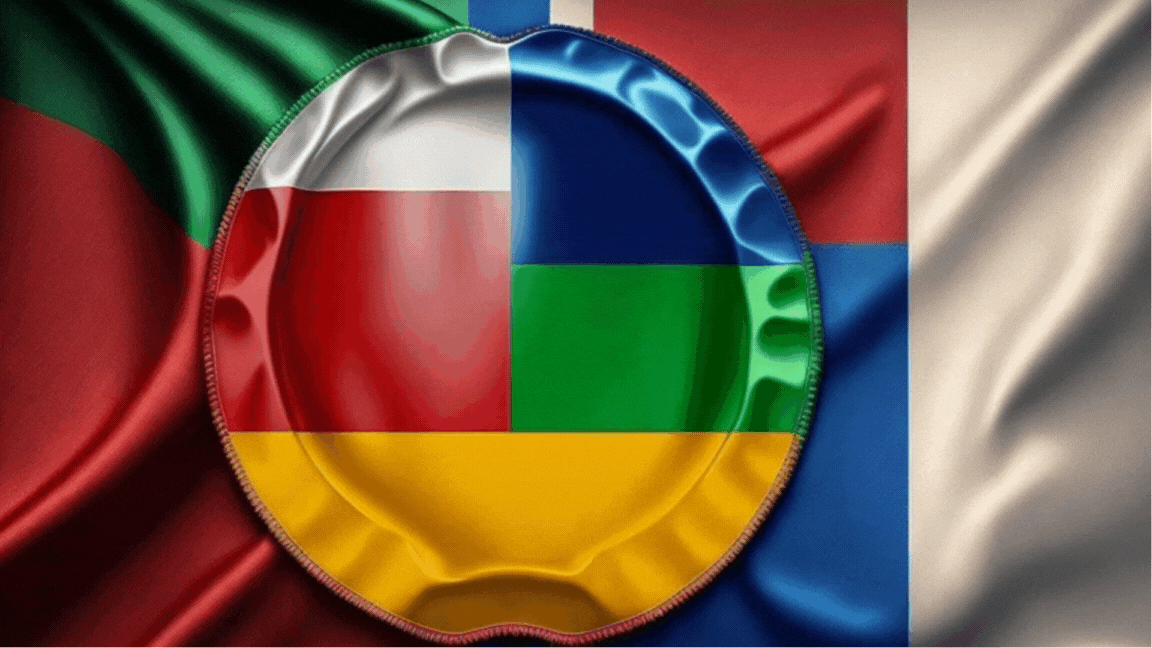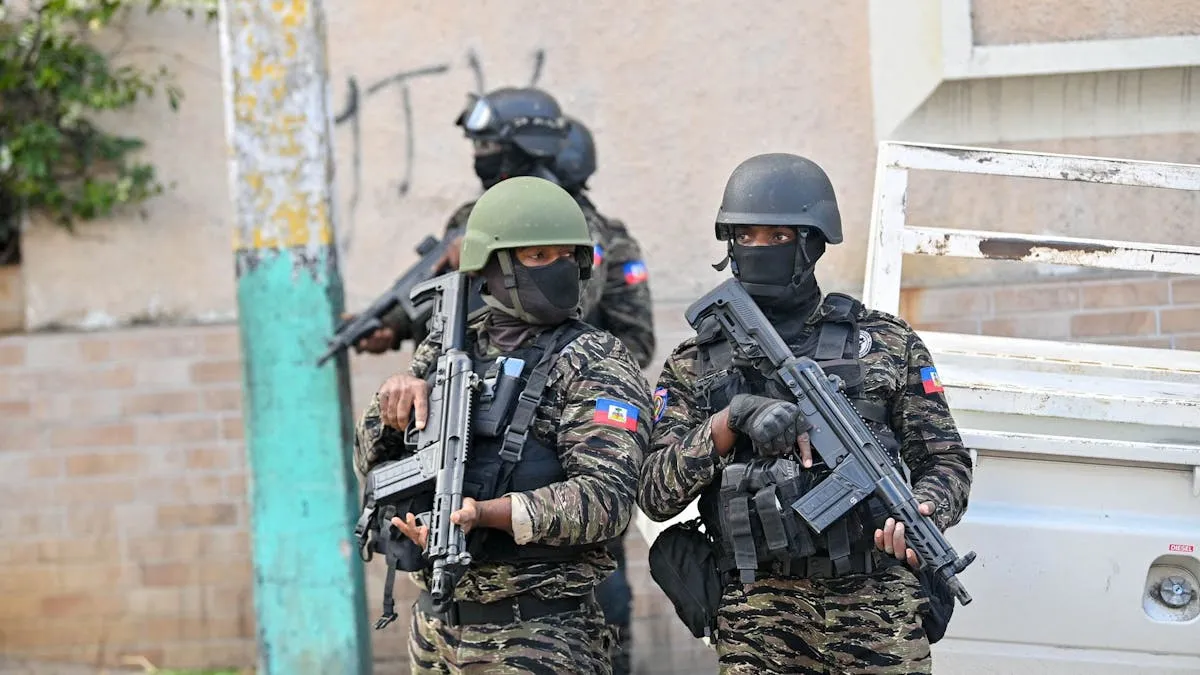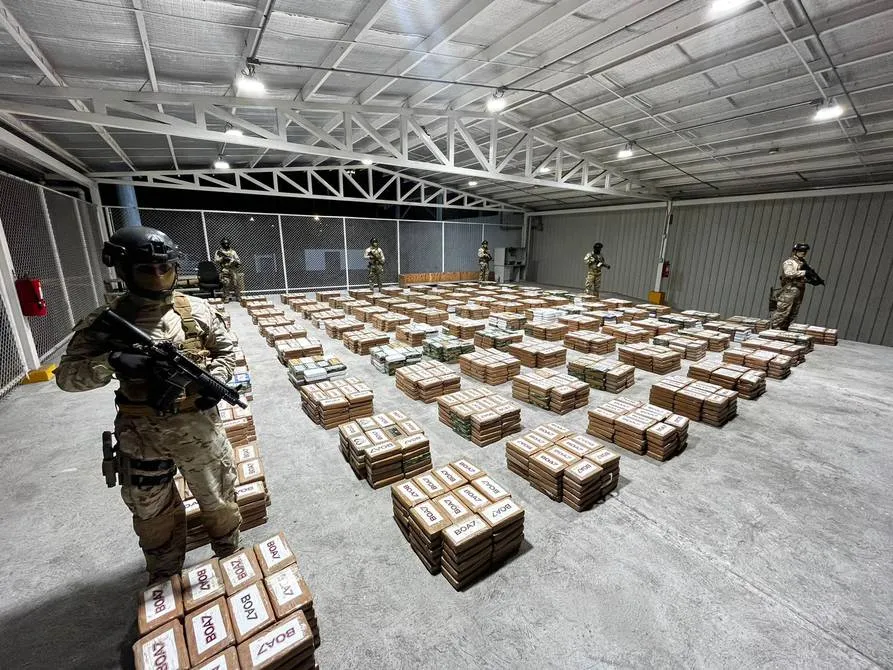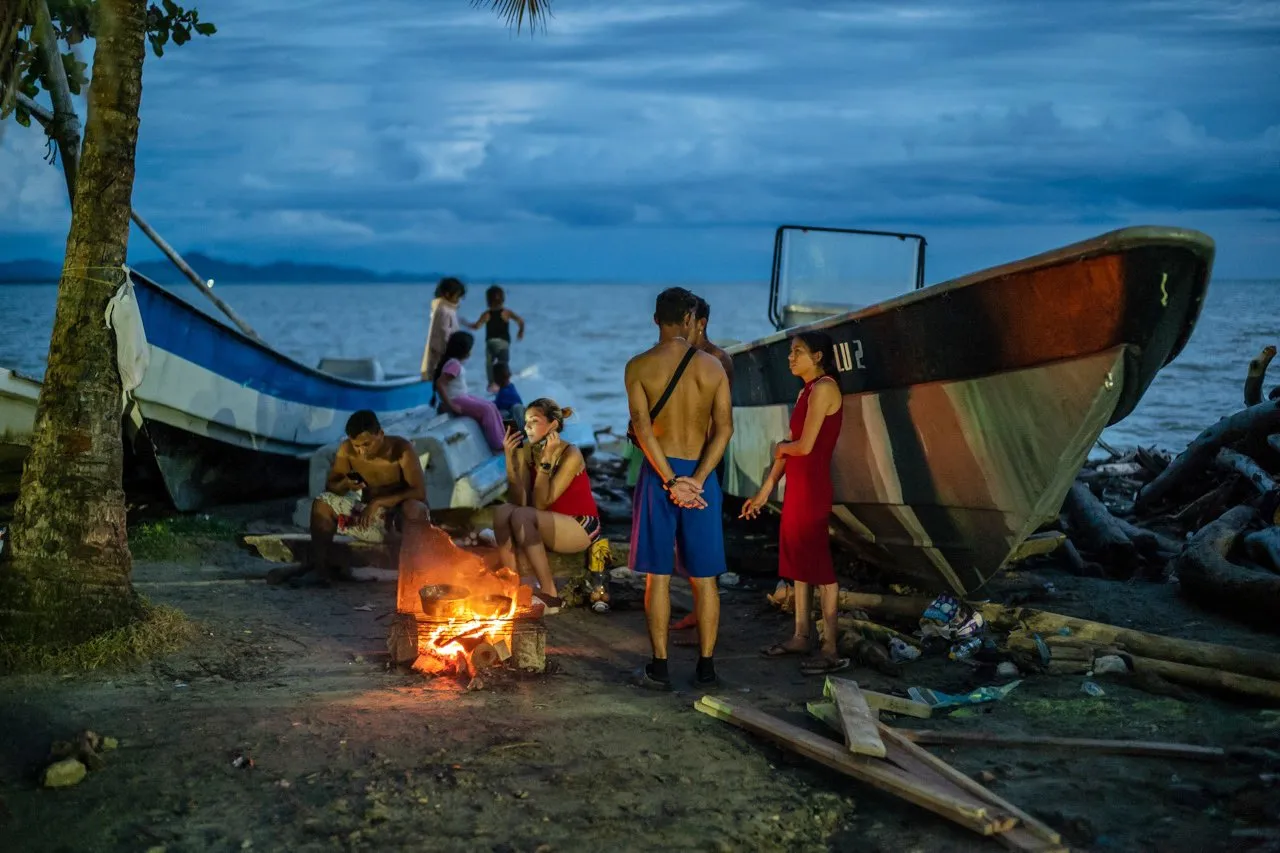
Colombia reacts to the latest developments in Gaza
More than 100 people were killed in Gaza on Thursday in an unfortunate incident involving Israeli military forces, who fired on a population in hunger and despair, waiting for the delivery of humanitarian aid. The dispute now is over how many Gazans died directly at the hands of Netanyahu's army, and how many as part of the fatal outcome of a stampede that was expected given the crisis there—people waited for hours for the convoy in the Rimal neighborhood. Many seem to have ended up melted with the pavement, crushed by the trucks carrying the critical aid. As usual, we have here an event where civilian casualties—numbers more, numbers less—are the most certain thing, in the face of the cross of biased accounts from both Israel and Gaza and the propensity of the United States not to shed light. This uncertainty says a lot about the flawed information environment to which we are exposed.
Colombian President Gustavo Petro has been very vocal in his criticism of Israel's settling of scores, which clearly, however much Hamas may inflate the figures, has been disproportionate and more than that unfair, as it has burdened the most innocent people with the bill for their wounded pride. Bogotá on Thursday suspended the purchase of Israeli weaponry, which for years has been key in certain assortments—such as aircraft spare parts and Galil rifles—for the Colombian armed forces. "Begging for food, more than 100 Palestinians were killed by Netanyahu. This is called genocide and is reminiscent of the [Holocaust], regardless of how much the world powers don't like to recognize it," Petro wrote in X, maybe without having all the facts in hand, I think. Therefore "Colombia suspends all arms purchases from Israel," added the first left-leaning president in the history of the coffee-growing country, who even went so far as to propose a blockade of Jerusalem. This Thursday as well, the authorities of the Gaza Strip reported that four minors died in the last hours in a hospital located in the northern part of the enclave as a consequence of dehydration and malnutrition, which brings to ten a figure which, if confirmed, demonstrates by itself the disastrous and reprehensible result of the Israeli onslaught.
Pidiendo comida, mas de 100 palestinos fueron asesinados por Netanyahu. Esto se llama genocidio y recuerda el Hocausto así a los poderes mundiales no les guste reconocerlo.
— Gustavo Petro (@petrogustavo) February 29, 2024
El mundo debe bloquear a Netanyahu. Colombia suspende toda compra de armas a Israel. https://t.co/o5aLu7DCA6
Violence and Organized Crime Observatory
We were absent for a few days, but I tried to save some news that continues to exemplify the regional challenge in the fight against violence emanating from organized crime strongholds. Early last week, three Latin American migrants, including an Ecuadorian child, were killed in an attack by armed civilians in the troubled Mexican border state of Sonora. The other victims were two women from Peru and Honduras, respectively, who were part of a group of around twelve migrants who, like so many others, face the nightmare of the northern Mexican border in their uncertain search for the American dream. On the same date, in a Costa Rican agricultural canton, a man died and five people were wounded as a result of an attack carried out by two individuals on a motorcycle. The problem here is not the event itself—there was talk of a settling of scores, a dynamic that is unfortunately becoming increasingly entrenched in the once peaceful nation—, but that it took place in front of a school, with three children, one of them a four-year-old, reportedly among the wounded.
Barbecue
Then, in Haiti, the crisis continues unabated. This Thursday, intense shootings and the setting up of improvised barricades were reported, in a show of force against the government of Ariel Henry, who arrived in Kenya precisely to promote the deployment of military forces of that country—an initiative blocked by its Supreme Court—as part of a discussed multinational force for Haiti. By midday, according to AP citing local witnesses, most institutions and businesses had closed, and people were returning to their homes or heading for shelters in a sort of dynamically assumed curfew. One airline suspended operations, claiming that gunshots were heard near the airport "putting people in danger". "We have chosen to take our destiny into our own hands. The battle we are waging will not only topple the Ariel government. It is a battle that will change the whole system," said the gang leader and former police officer known as Barbecue. At a recent summit of Caribbean leaders, Henry pledged to hold elections by mid-2025, a date that is unlikely to appease the forces opposing him and demanding his immediate resignation anyway. In Kenya, his counterpart seems to give him some boost or air—"(we offer) the experience and expertise of our police" for the Multinational Security Support Mission in Haiti, expressed Ruto—, although doubts persist as to the possibilities of the military collaboration agreement materializing.
 Haitian forces deployed (source).
Haitian forces deployed (source).French in the Caribbean
A ship coming from the mined coastal province of Guayas in Ecuador was intercepted in Panama and five tons of cocaine were found on board. The vessel's destination was a Spanish port, which is not disclosed in this AFP cable. As usual, the illicit cargo was traveling camouflaged among bananas, a classic Ecuadorian export product. The Panamanian National Aeronautical and Naval Service reported to have counted on the collaboration of French authorities, which, by the way, reveals that the Ecuadorian security system continues to be extremely vulnerable or complicit in these shipments. At the end of the second month of the year, Panama has seized 16 tons of drugs, reporting an increase in seizures whose intercepted cargo was destined for the "old continent".
 Seized drug in Panamá (source).
Seized drug in Panamá (source).Returning to France's performance in these matters, the French navy—deployed in its Caribbean Antilles—intercepted seven tons of cocaine being transported in three ships, in an equal number of operations carried out between February 20 and last Monday. In one of these maritime raids, which took place on the maritime border shared by Venezuela and Grenada, the former forces reportedly operated jointly with French ones. The volume of seizures by French authorities so far represents about 64% of all that was seized in 2023.
Migratory Observatory
Maritime transportation companies in Colombia have halted their services in protest at the arrest of two captains of their vessels in the notorious town of Necoclí, mainly because of its role in the migration route leading to the Darién. In practice, Colombian authorities have told AP, the two companies to which the captains belonged were dedicated to the "trafficking" of migrants, who have long been transported to a strategic point to begin their dangerous journeys through the Darién Gap. The NGO Doctors Without Borders (MSF in French) warned Thursday about the threats and realities that weigh on individuals from around the world, but mainly Latin Americans, who indulge in this experience. In just one week of February, its health agents have treated more than 110 migrants, some 10 of them minors, "who suffered sexual aggressions by criminal gangs operating in the Darién," they said in a statement.
The Ombudsman's Office in Colombia has warned that some 8,000 people are now trapped waiting to cross to the Panamanian side of the imposing jungle, which poses a risk to health systems and food supplies that are fairly thin. "We cannot wait for a collapse that will result in the violation of the fundamental rights" of the already vulnerable migrant populations, said the head of the agency. Colombian authorities acknowledge that they are trying to make a wake-up call with the capture, but it remains to be seen how prepared they are to deal with the social effects and the pressures of groups that do not know how to do anything but profit from the migrants' urgencies. It is a whole industry that we have described here several times. Between 140 and 300 dollars "for traveling only a handful of kilometers at sea" is the cost of the service offered by these and other companies, under the potential cover of being tourist services, according to sources from the Colombian Public Prosecutor's Office.
 Cubans and Venezuelans in Necoclí (source).
Cubans and Venezuelans in Necoclí (source).And this is all for our report today. I have referenced the sources dynamically in the text, and remember you can learn how and where to follow the LATAM trail news by reading my work here. Have a nice day.


